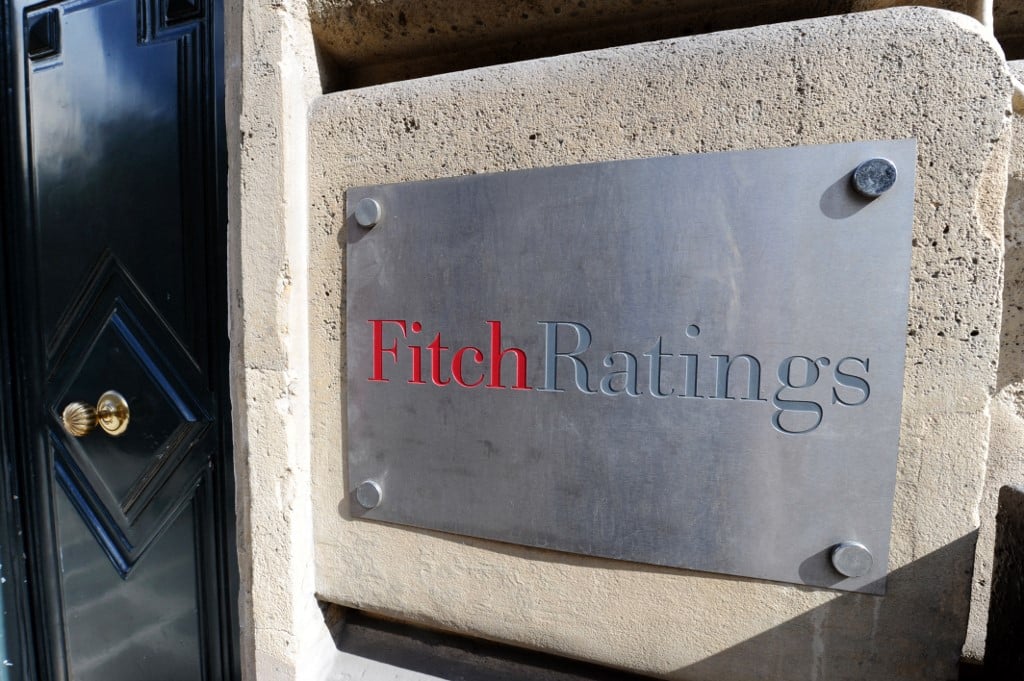Fitch: Impact of Pogo ban on PH banks ‘limited’
President Marcos’ decision to ban offshore gambling operators that once heated up the country’s property market could hurt the asset quality of Philippine banks, although the damage would be contained by lenders’ healthy buffers against losses, Fitch Ratings said.
In a commentary sent to reporters on Monday, the credit rating agency said residential mortgage and consumer loan credit quality could be affected by job losses if Philippine offshore gaming operators (Pogos) wind down at the end of the year as Mr. Marcos directed.
But Fitch said the damage to banks’ asset quality would “likely be limited in scale” because of their sufficient loss-absorption buffers.
At the same time, the debt watcher said many local banks had become “more averse” to lending to Pogo workers due to “high policy risk” amid loud calls to ban the sector that, the President said, had enabled crimes like money laundering.
Limited exposure
That aversion, in turn, helped limit the exposure of both lenders and landlords to the controversial industry.
“Many large real estate developers have been proactive in limiting exposure to Pogo tenants,” Fitch said.
“We expect debt-servicing capacity to remain strong among the large listed firms that have higher reliance on Pogo tenants, and estimate their Ebitda (earnings before interest, taxes, depreciation and amortization) at over 4x annual interest expense, even if all of their Pogo tenants were to depart,” it added.
The proliferation of Pogos, which heavily employed Chinese nationals catering to gamblers in mainland China, coincided with the rise to power of former President Rodrigo Duterte, who moved the Philippines closer to China and away from the United States.
The influx of Chinese Pogo workers pushed up property prices and consumption in Manila. But the boost faded when the cash-strapped government tightened regulations to collect taxes from Pogos at the height of the pandemic, a move that prompted many online casinos to leave.
Data compiled by Fitch showed 7 percent of banks’ total residential mortgage portfolio had soured in the first quarter of 2024, showing an improvement after peaking at 9.6 percent in the third quarter of 2021.
But the ratio remains higher than the prepandemic level of 3.1 percent which, Fitch said, reflected in part a fallout from speculative activity and more lax housing loans credit standards during the Pogo boom years from 2016 to 2019.
But Fitch said property-related losses associated with Pogo closures would not be significant for banks, which are required by regulators to demonstrate common equity Tier 1 and total capital ratios of 6 percent and 10 percent, respectively, after writing off 25 percent of their real estate exposures.
“This should ensure that loss-absorption buffers are aligned with their exposure to the sector,” Fitch said.
”Moreover, banks’ record-high margins and higher loan growth … are likely to compensate for higher credit costs associated with potential new impairments from the Pogoban,” it added.

